Science & Society
Sign up for our newsletter
We summarize the week's scientific breakthroughs every Thursday.
-
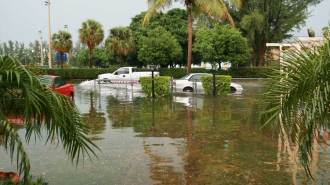 Science & Society
Science & SocietyHow the 5 riskiest U.S. cities for coastal flooding are preparing for rising tides
The five U.S. cities most at risk of coastal flooding from rising sea levels are in various stages of preparedness.
-
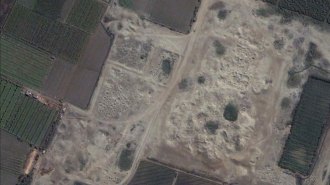 Archaeology
ArchaeologySatellites are transforming how archaeologists study the past
In ‘Archaeology from Space,’ Sarah Parcak takes readers on a lively tour of the past, and archaeology of the 21st century.
By Erin Wayman -
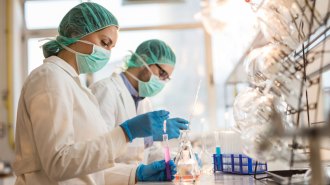 Science & Society
Science & SocietyPublic trust that scientists work for the good of society is growing
More Americans trust the motives of scientists than of journalists or politicians.
By Katy Daigle -
 Science & Society
Science & SocietyYou’re only as old as you perceive yourself to be
Editor in Chief Nancy Shute discusses how people’s attitudes about aging can impact our physical health.
By Nancy Shute -
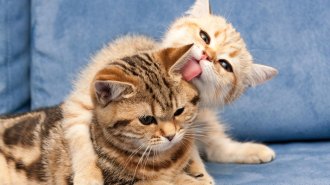 Life
LifeGiving cats food with an antibody may help people with cat allergies
Research by pet-food maker Purina aims to disable the major allergen carried in cat saliva, a protein called Fel d1.
-
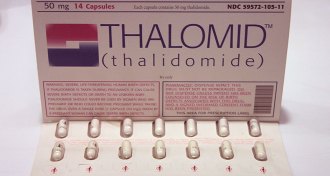 Health & Medicine
Health & Medicine50 years ago, a drug that crippled a generation found new life as a leprosy treatment
In 1969, a drug that crippled a generation found new life as a treatment for leprosy.
-
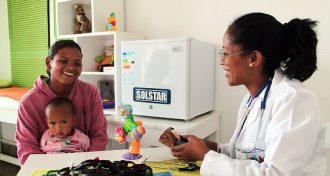 Science & Society
Science & SocietyLonger gaps between births can halve infant deaths in developing nations
Leaving more time between successive pregnancies matters for infant survival, but only in less-developed countries.
By Sujata Gupta -
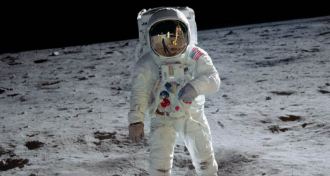 Planetary Science
Planetary ScienceAccolades, skepticism and science marked Science News’ coverage of Apollo
Science News’ coverage of the Apollo program stayed focused on the science but also framed the moon missions in the broader social and political context of the era.
-
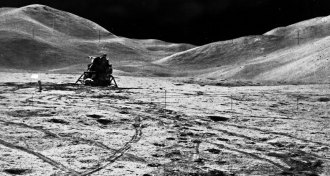 Planetary Science
Planetary ScienceApollo astronauts left trash, mementos and experiments on the moon
Here’s what planetary scientists are learning from the remains of Apollo outposts, and how archeologists hope to preserve it.
-
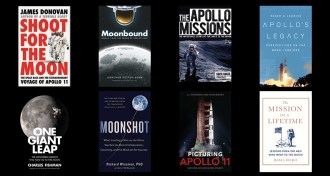 Planetary Science
Planetary ScienceCelebrate the moon landing anniversary with books that go beyond the small step
New books about Apollo 11 and the mission to the moon offer something for everyone, from astronomy lovers to fans of graphic novels and self-improvement buffs.
By Science News -
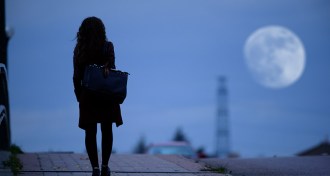 Science & Society
Science & SocietyMany fictional moon voyages preceded the Apollo landing
Landing on the moon for real dramatically demonstrated the confluence of science with the moon’s cultural mystique.
-
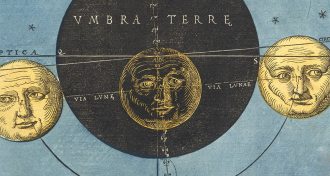 Planetary Science
Planetary ScienceSee how visualizations of the moon have changed over time
To celebrate the 50th anniversary of the moon landing, here’s a collection of images that show how the moon has been visualized over the ages.